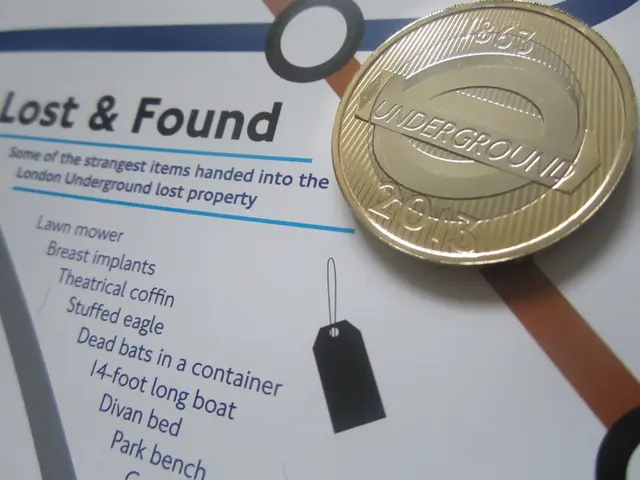Thai Authorities Introduce Digital Currency Conversion Platform for Tourism Stimulation
Thailand Introduces TouristDigiPay: A Secure Crypto Payment Solution for Foreign Tourists
Thailand has taken a significant step towards embracing digital innovation by launching TouristDigiPay, a government-regulated pilot program designed to facilitate secure and compliant crypto-to-baht conversion and spending by foreign tourists. The initiative, which began on August 18, 2025, aims to rejuvenate the country's tourism sector and position Thailand as a digital innovation leader in Southeast Asia.
The TouristDigiPay scheme allows foreign tourists to convert their cryptocurrencies into Thai baht for electronic payments at participating merchants through QR code transactions. The program operates under the oversight of multiple Thai agencies, including the Securities and Exchange Commission (SEC), Bank of Thailand (BOT), Ministry of Finance, Anti-Money Laundering Office (AMLO), and Ministry of Tourism and Sports.
Key details of TouristDigiPay include a conversion and payment process where tourists convert crypto via licensed digital asset businesses into dedicated e-wallets regulated by the SEC and BOT. Payments to merchants are settled exclusively in Thai baht, not directly in cryptocurrency; merchants receive baht through QR code payments, simplifying adoption.
To ensure security and prevent financial crimes such as money laundering and terrorist financing, the scheme enforces robust Know Your Customer (KYC), Anti-Money Laundering (AML), and Customer Due Diligence (CDD) measures. Withdrawals from e-wallets are blocked until the tourist closes their account, preventing misuse as backdoor cash transfers.
Transaction limits have been put in place to mitigate the risk of financial crime. Foreign tourists temporarily staying in Thailand will be eligible to use the digital asset service. The central bank is developing a "Tourist Wallet" for foreign visitors to facilitate QR code payments. Initially, the Tourist Wallet will function as an e-money system for currency conversion.
Merchants with card terminals will have a monthly spending limit of 500,000 baht per account, while small, general merchants will have a monthly limit of 50,000 baht. Transactions will be prohibited at businesses deemed high-risk for money laundering under AMLO guidelines.
The SEC and BOT have also launched a cryptocurrency sandbox for boosting tourism in Thailand. The Tourist Wallet's future plans include linking it directly to foreign debit and credit cards, further streamlining the payment process for tourists.
Analysts expect that if widely adopted, TouristDigiPay could increase crypto-related tourism spending by 10–15%. This initiative reflects the government's push to embrace Web3 technologies and the digital economy, positioning Thailand as a global benchmark for integrating blockchain technology into travel and economic recovery.
- The launch of TouristDigiPay in Thailand signals the country's commitment to becoming a leader in digital innovation, particularly in the sectors of finance, technology, and business.
- To foster a secure crypto payment environment for foreign tourists, TouristDigiPay enlists the collaboration of various Thai authorities, such as the Securities and Exchange Commission (SEC), Bank of Thailand (BOT), and Ministry of Finance.
- In an effort to prevent financial crimes and ensure security, TouristDigiPay institutes stringent anti-money laundering measures, including Know Your Customer (KYC), Anti-Money Laundering (AML), and Customer Due Diligence (CDD).
- As part of ongoing efforts to cater to tourists, the central bank plans to develop a "Tourist Wallet" enabling QR code payments, which could fuel a rise in crypto-related tourism spending by 10–15%.




